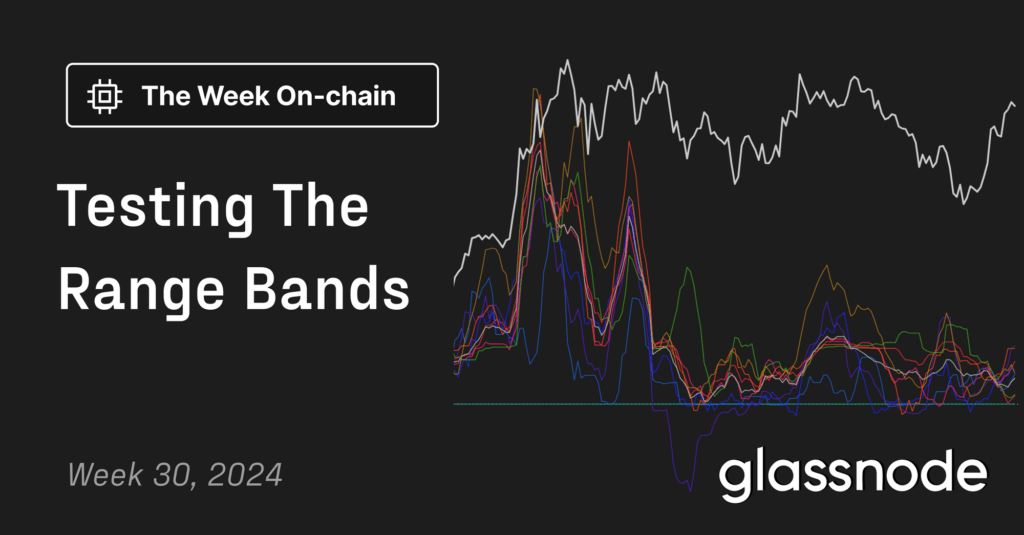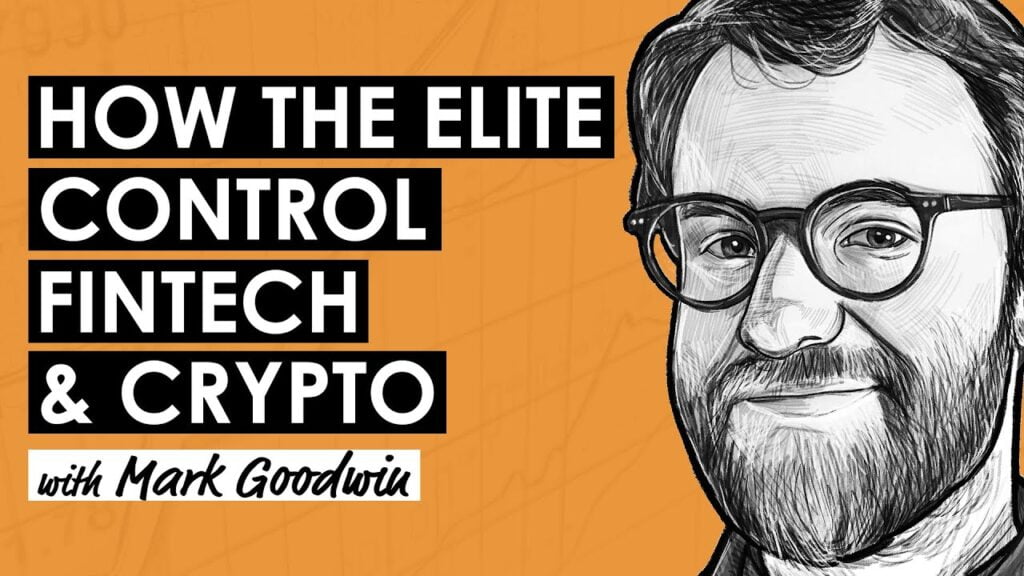Research Summary
The report discusses two recent hearings by the House Financial Services Committee (HFSC) on the role of cryptocurrencies in illicit finance. The hearings focused on the Financial Crimes Enforcement Network (FinCEN) and the Treasury Department’s Office of Terrorism and Financial Intelligence (TFI), and their efforts to combat illicit activities involving digital assets.
Key Takeaways
FinCEN Oversight Hearing
- Illicit Transactions and Cryptocurrency: Representative Sean Casten raised concerns about the calculation of illicit transactions facilitated by cryptocurrency, suggesting that the actual figures could be higher than those reported by firms like Chainanalysis. However, he did not provide any concrete evidence to support his claim.
- Role of Digital Assets in Terrorist Financing: Under Secretary Brian Nelson refuted a Wall Street Journal article claiming that Hamas used digital assets to finance its operations. He maintained that traditional financial markets remain the preferred means of terrorist financing.
HFSC Hearing on Crypto and Illicit Finance
- International Cooperation: Chairman French Hill emphasized the need for international cooperation to tackle illicit activity using digital assets, particularly in foreign jurisdictions that do not comply with international anti-money laundering (AML) frameworks.
- Regulatory Framework: Witnesses at the hearing stressed the importance of creating an AML/Counter Financing of Terrorism (CFT) regulatory framework that is responsive to the characteristics of decentralized networks and software programs.
- Role of Miners and Validators: Michael Mosier, Co-Founder of Arktouros, argued against applying Bank Secrecy Act (BSA) requirements to miners and validators, stating that it would not be effective due to the nature of their work.
Actionable Insights
- Understanding the Role of Cryptocurrency in Illicit Finance: Stakeholders should strive to understand the role of cryptocurrency in illicit finance and the need for accurate data to inform policy decisions.
- Engaging in International Cooperation: Policymakers and regulators should engage in international cooperation to address illicit activities involving digital assets, particularly in non-compliant jurisdictions.
- Developing Appropriate Regulatory Frameworks: Regulators should work towards developing AML/CFT regulatory frameworks that are responsive to the unique characteristics of decentralized networks and software programs.












